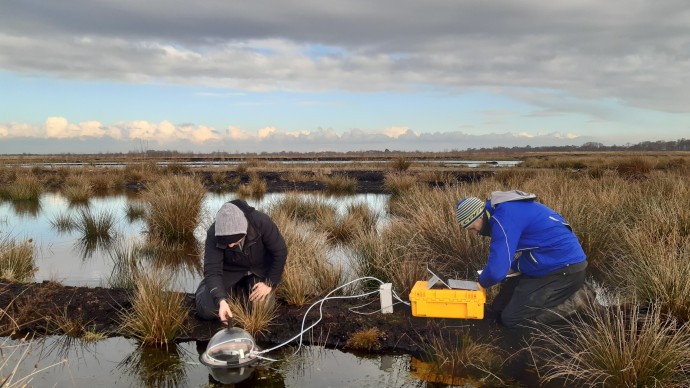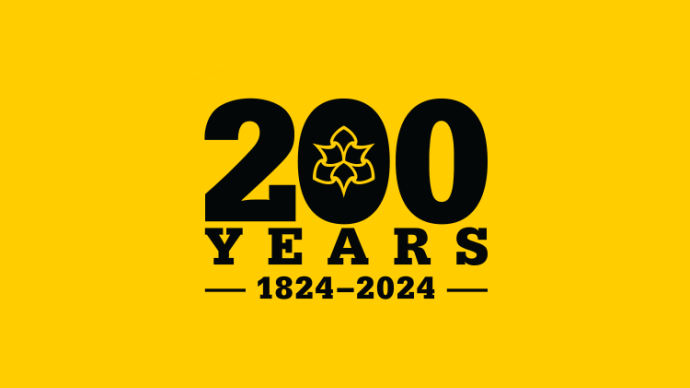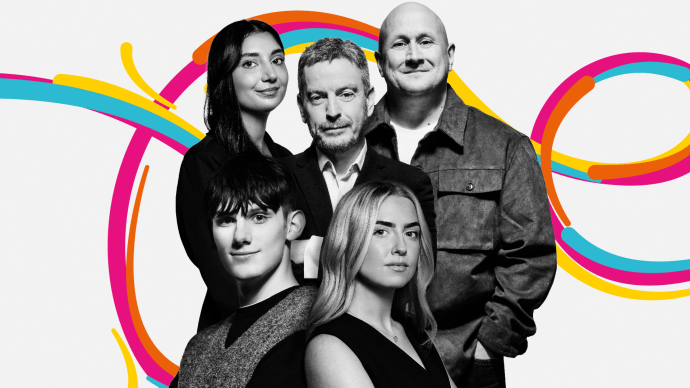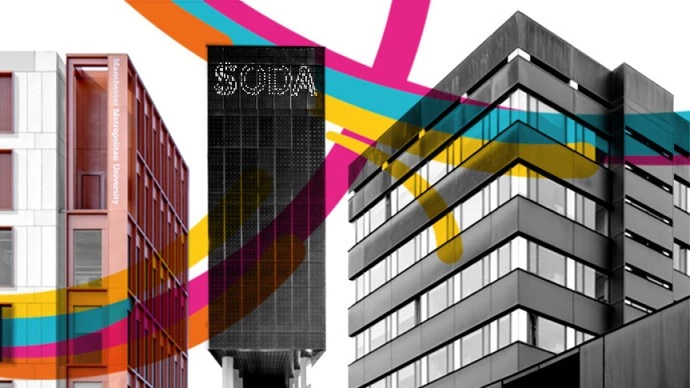Shaping policy to reduce the environmental cost of aviation
Aeroplane

Standfirst
Taking a flight to far-flung corners of the earth has never been easier - booking trips in mere minutes and you can be on your way to your dream destination.
Online services and a competitive aviation industry has made flying more accessible and, in many cases, a cheaper alternative when it comes to long-distance travel. A two hour-flight to Spain can cost as little as £60.
But is there a bigger price to pay?
Main story
When it comes to sustainability and net zero targets, the CO2 emissions from aviation are continuing to increase.
Recently published research from David Lee, a Professor in Atmospheric Science at Manchester Met, led by him alongside an international group of 21 academics, revealed that 3.5% of the total impact of humankind on climate now comes from aviation.
“That might not sound like much, but it is hugely significant,” he said.
“Looking at the industry as if it were a country, it would be in the top ten emitters worldwide.”

Technological hurdles
The team’s research involves measuring emissions on the ground behind aircraft engines and comparing them according to different types of fuel.
They then analyse and incorporate these measurements into cutting-edge computer models of the Earth’s atmosphere to see how it’s affected.
Their research has already underpinned the EU Emissions Trading Scheme, two new international regulatory standards for aircraft engine CO2 emissions and technical specifications for the International and Civil Aviation Organisation (ICAO).
Citing the ‘basic conflict’ between the industry’s dependence on non-renewable energy and the overwhelming consumer demand for air travel, Prof Lee is realistic about any changes that can be made.
We’re dependent on liquid fossil fuel for air travel, namely kerosene.
“There’s currently no electric technology that would fly aircraft any decent distance. It’s all about power-to-weight ratio and the batteries required are simply too heavy.
“Some manufacturers are working on so-called sustainable aviation fuels like liquid hydrogen but this would require a completely new aircraft to start with or a redesign of the models themselves that takes many years.”
As well as powering the aircraft themselves, Prof Lee’s research has shown how the condensation trails – or ‘contrails’ – forming behind aircraft in the sky, where the atmosphere is cold and humid enough, poses a threat to the climate through non-CO2 emissions.
“These clouds reflect the sun’s radiation back to space, cooling the atmosphere,” explains Prof Lee. “But they can also trap infrared radiation reflected from the Earth. This ultimately warms the atmosphere, as the warming effect exceeds the cooling.”
While Prof Lee’s work focuses on aircraft emissions in the sky, Professor Paul Hooper and Chris Paling, airport sustainability experts at Manchester Met, are addressing the barriers that airports themselves face when it comes to sustainability.
“We’ve had a significant say in the way the Airport Council International thinks about carbon accounting and emissions,” says Paling. “Our research and advisory work have helped to change the way airports all over the world work to reduce their emissions.”
Airport footprints
Paling and Prof Hooper have led the development of new reporting systems involving the entire carbon footprint made by airports.
“There’s carbon generation in airports that we don’t even notice, like the way the building’s heated and lit,” explains Prof Hooper.
“Once it’s reported properly and analysed, alternatives can be found. Part of our role is to define what’s included in these reports and we’ve successfully argues that flight emissions at airports should be in there.
“It’s a huge headache for airport operators but they’re striving for change and we’re ready to support them.”
The Manchester Met team helped to develop the Airport Council International’s lauded Airport Carbon Accreditation as well as forming an influential partnership with TULIPS, an EU-funded project to improve sustainable, low-carbon activities in and around airports.
The University’s research on the use of new, alternative noise reporting also directly informs noise management work at UK airports including Stansted and Heathrow.
“As a society we have this insatiable urge to consume travel simply because it’s possible,” says Prof Hooper.
Changing aviation is about changing the way we think about flying. We need to shift hearts and minds.
Prof Lee adds: “I’m increasingly convinced there’s no easy fix and that’s something we have to accept.
“All we can do is keep trying, and the science we are working on here at Manchester Met plays a key role.”
Discover more
Discover more of our research
-
![A researcher operating one of the machines in the Manchester Fuel Cell Innovation Centre]()
The future of clean power
Find out more -
![Dr Paul O'Hare stood among wildflowers with Manchester post-industrial skyline behind him]()
Greening the city – Manchester’s changing climate
Find out more -
![Researchers taking measurements from a peat bog in the Peak District]()
A natural solution
Find out more -
![Professor Liz Barnes, head of Manchester Fashion Institute, in a fashion room]()
A circular future
Find out more -
![A Golden Parakeet with its wings spread in the air]()
All creatures great and small – protecting biodiversity
Find out more
About 200 years
Manchester Met celebrates two centuries of driving progress through excellent education and research.
-
![200 years 1824-2024]()
200 years
Find out more -
![Siemens Chief Executive Carl Ennis posing with the firms degree apprentices]()
Driving economic growth
Find out more -
![Two nurses standing together and smiling]()
Transforming health
Find out more -
![A digital image of the university's arts buildings]()
Championing creative excellence
Find out more









